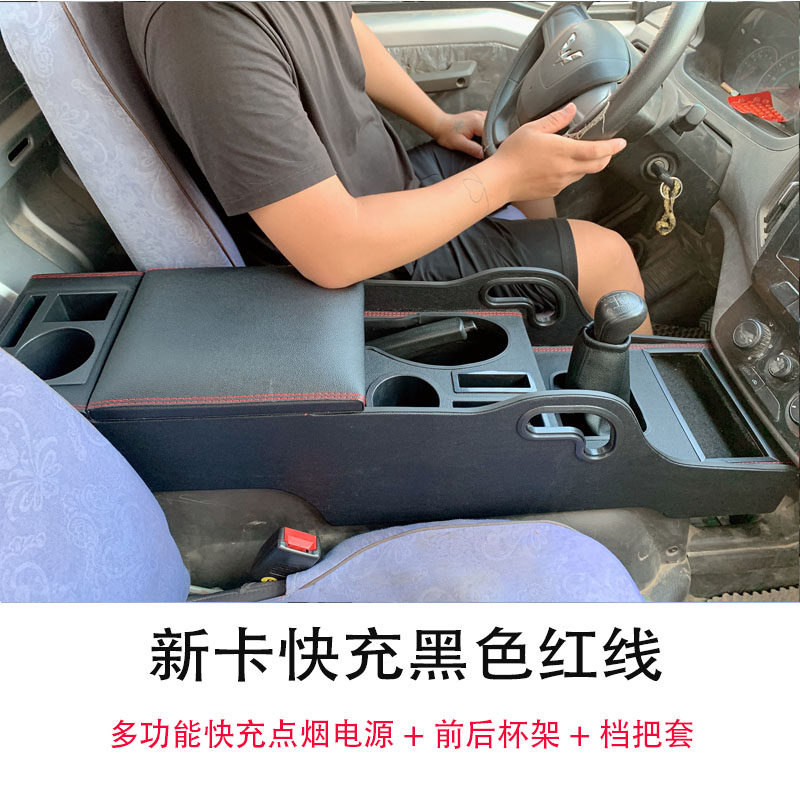Gov't urged to prepare for rise in N.Korean defections by sea

A wooden boat, left, is towed by a South Korean military vessel toward a port in Yangyang, Gangwon Province, Tuesday. The boat carried four North Koreans, in what is viewed as a rare case of a defection across the inter-Korean maritime border in the East Sea. Yonhap
Rare case of maritime defection highlights dire food situation in Pyongyang, experts sayBy Lee Hyo-jinThe South Korean government should brace for an increasing number of North Korean defectors in the coming months, as the latest East Sea border crossing, made by four North Koreans, indicates the deteriorating living conditions and chronic food shortages occurring in the reclusive regime, analysts said Wednesday.
On Tuesday morning, a small wooden boat carrying a group of four unidentified individuals from North Korea ― one male and three females – was picked up by the South Korean coast guard in the waters off Sokcho, Gangwon Province, according to South Korea's Joint Chiefs of Staff. The boat was first spotted by a South Korean fishing vessel operating some 11 kilometers from the east coast.
Defections across the maritime border are rare as it is much more dangerous than escaping via land.
The latest sea border crossing came five months after nine individuals from North Korea crossed the western maritime border.
The four North Koreans are currently under investigation by the National Intelligence Service to determine whether they are genuinely seeking to defect.
The authorities declined to share details about their identities, but some local media reports, citing witnesses, said that the group consisted of a man in his 30s, his wife, daughter and another woman in her 50s, supposedly his mother.
One of the defectors reportedly told the South Korean coast guard that they escaped their homeland “to survive,” lamenting the hard living conditions there.
Experts also assume that worsening food shortages and ongoing political oppression under the Kim Jong-un regime were the catalysts that made the family escape to the South.
“Defecting across the maritime border is way riskier and costlier than escaping via land through the border with China. The small wooden boat would cost a fortune for North Koreans,” said Cho Han-bum, a senior researcher at the state-run Korea Institute of National Unification.
“Family defections are much more dangerous than escaping alone. They have to risk everything because the whole family can get killed by the regime if they are caught,” he said.

North Korean students take part in a rally denouncing 'defectors from the North' as they march from the Pyongyang Youth Park Open-Air Theatre to Kim Il Sung Square in Pyongyang, June 8, 2020. AFP-Yonhap
Park Won-gon, a professor of North Korean studies at Ewha Womans University, gave a similar analysis.
“The rice price in ‘jangmadang’ (outdoor markets) is the barometer of food prices in North Korea. Some internal sources say that the price soared to an all-time high in the last five years,” he said.
As to why these groups of defectors chose the riskier route, Cho replied, “The surveillance measures near the North Korea-China border have intensified in recent months. I think we will be seeing more defectors escaping by sea.”
"As the current (South Korean) government's stance toward North Korean escapees is to accept them for humanitarian reasons, the authorities should make more efforts to ensure the safety of those traveling by boat. A lot of the North Korean small boats attempting to cross the Eastern Sea border don't make it to South Korea. They sink or get carried across to the coast of Japan," he added.
Park said, "As seen by China's recent mass repatriation of North Korean defectors, escaping via China is becoming an increasingly dangerous option for them."
The professor predicted that the number of North Korean escapees will increase as the reclusive regime reopens its border from COVID-19 lockdowns, but commented that it remains to be seen whether the scale will return to pre-pandemic levels when the figure reached over 1,000 per year.
According to recent data released by the Ministry of Unification, the number of North Korean defectors coming to South Korea more than tripled in the first nine months of this year compared to the same period of 2022.
From January to September this year, a total of 139 North Koreans defected to the South, up sharply from 42 in the same period last year.





